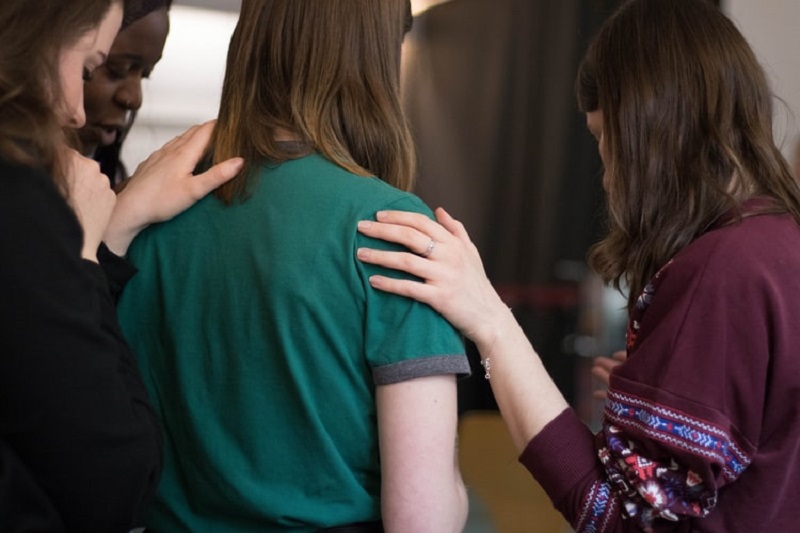In our previous blog – Tenant Eviction Ban Ending: The Role of Mediation – we discussed the impact of the tenant eviction ban ending on 31st May and why mediation should always be the first port of call before you start possession proceedings.
We’re now going to consider how this will impact vulnerable tenants. Many of whom haven’t had access to the support they needed during the pandemic as organisations had to change how they provided their services. We will also look at how we’ve changed how we deliver our mediation services and the extra support we’ve provided to help fill the gaps and support the most vulnerable.
Changing times
Like all organisations, we’ve had to adapt a lot since the first lockdown in March 2020.
Early on we saw a sharp increase in neighbourly disputes and as a result a 33% increase in case referrals. This led to us helping over 300 people in a 5-month period.
People staying at home, restrictions on socialising, a lack of available services, and a tenser society contributed to this increase in referrals. It was clear that some vulnerable people were simply falling through the cracks and ending up in difficult situations – financially and emotionally.
Changing service delivery
Due to the restrictions we’ve obviously been unable to offer face-to-face sessions at certain points during the pandemic.
Early on this was a concern for us. It quickly became clear though that there was an opportunity for us to use technology to not only continue providing our services, but to improve results in certain areas.
We’ve managed to resolve cases quicker and as a result help more people during the pandemic than we did before the restrictions. We found that we could resolve more cases than expected and in a shorter timeframe by using phone, email and video platforms such as Zoom.
Overall the pandemic has made the mediation process more reactive and flexible allowing us to intervene quickly using remote communications rather than holding face-to-face sessions, some of which wouldn’t have been necessary.
Providing more
So in many aspects we improved how we delivered our mediation services during the pandemic. But still, vulnerable people, and vulnerable social housing tenants in particular, weren’t getting the support they normally would from other agencies during the worst of it.
As the opposite was the case for us and we were helping more people through an increase in referrals from housing and local authorities, we looked to expand how we could help in a broader way.
As a team we went through further training in mental health awareness. Mental health has been a factor in the majority of cases that we’ve had referred to us recently.
Our team of mediators also received further training in conflict coaching as we started to receive more of these cases too.
Our Conflict Coaching and Support service involves us working one-to-one with individuals, offering a listening ear, and helping with coping strategies during conflict. We also recognised that some people were struggling in isolation from family and friends. Many felt alone. Some cases were more about the vulnerable having someone to talk to.
We worked with individuals who had lost someone to Covid, or another illness, who weren’t able to access the support for their grief that they normally would. Mental health agencies didn’t have the same level of resources, they felt stretched, and were therefore unable to deliver the same level of service as before.
We will keep going above and beyond
We will use the lessons we’ve learned to keep refining our approach until we’re through the pandemic and beyond. In the same way that we will be maintaining a nimbler approach, we will also continue to help the most vulnerable with more than mediation as necessary case by case.
Is your housing association struggling to manage cases? Or are you a local authority unable to keep up with demand? Has the tenant eviction ban coming to a close made a bad situation even worse?
Talk to us. We can help with our mediation services and more.
To discuss a current case with one of our mediators and to see how we can help you, call us on 01772 954602. We’re also currently offering free 1-hour mediation consultations. See how you could get more from mediation and book your review today by emailing info@adrmediation.org.uk.

